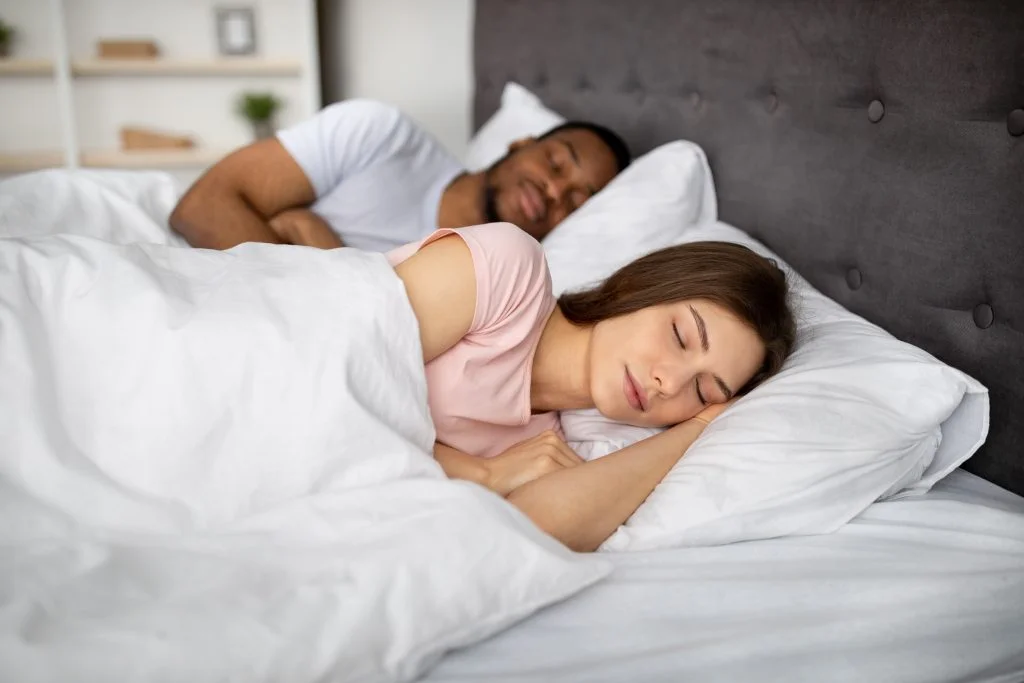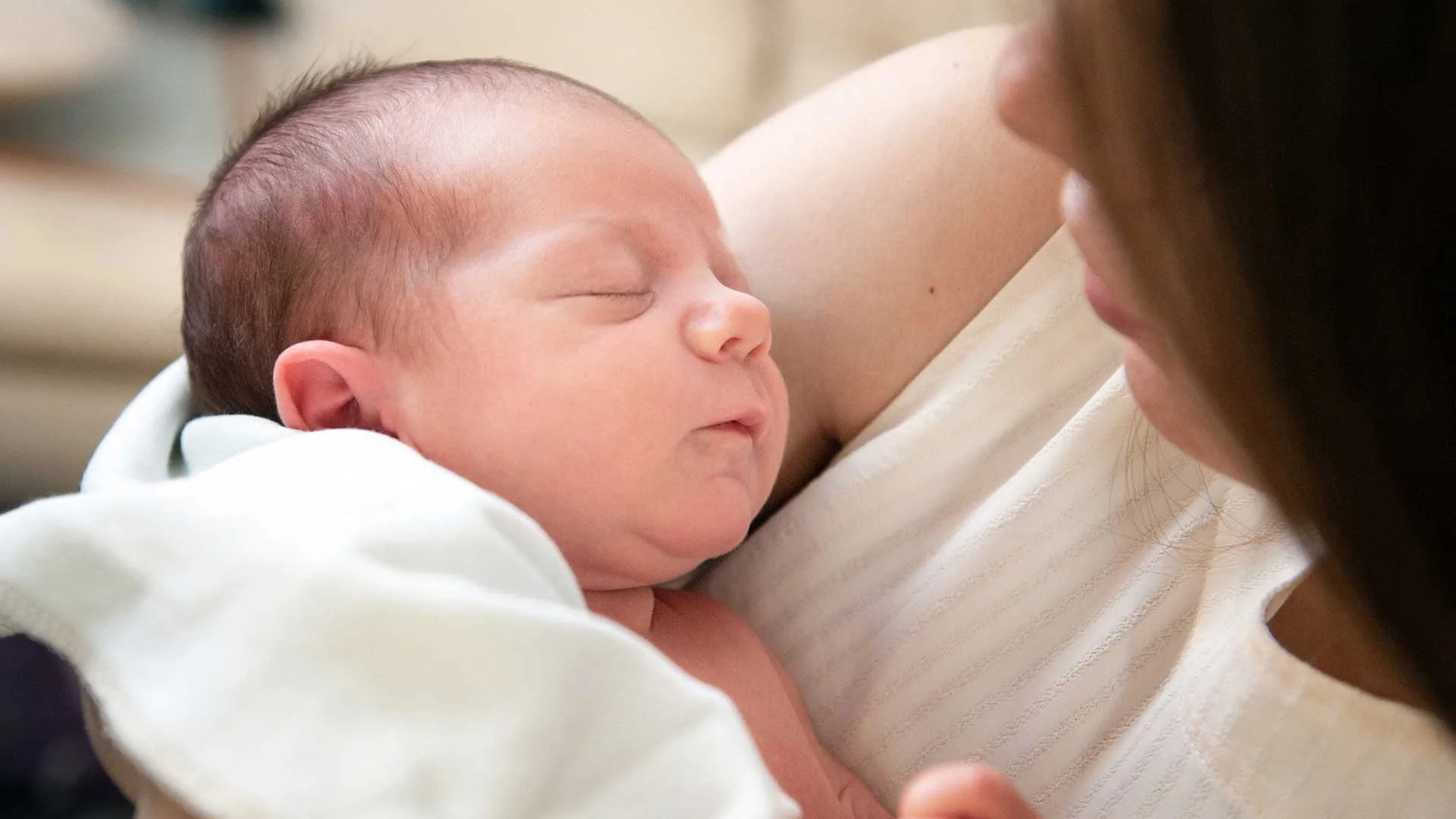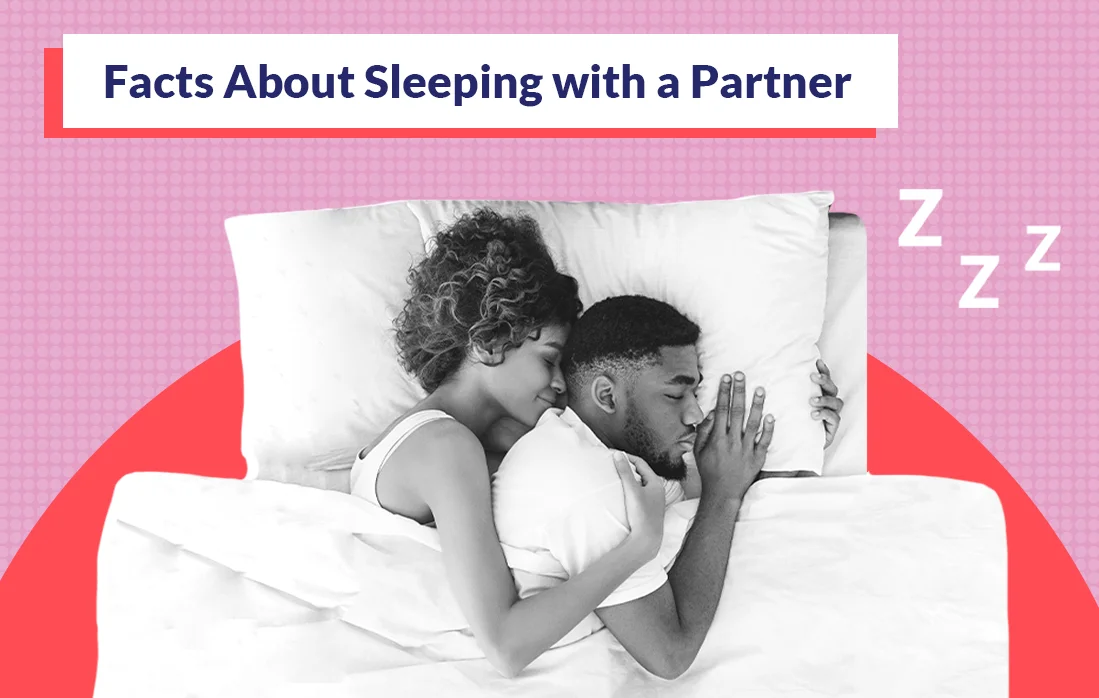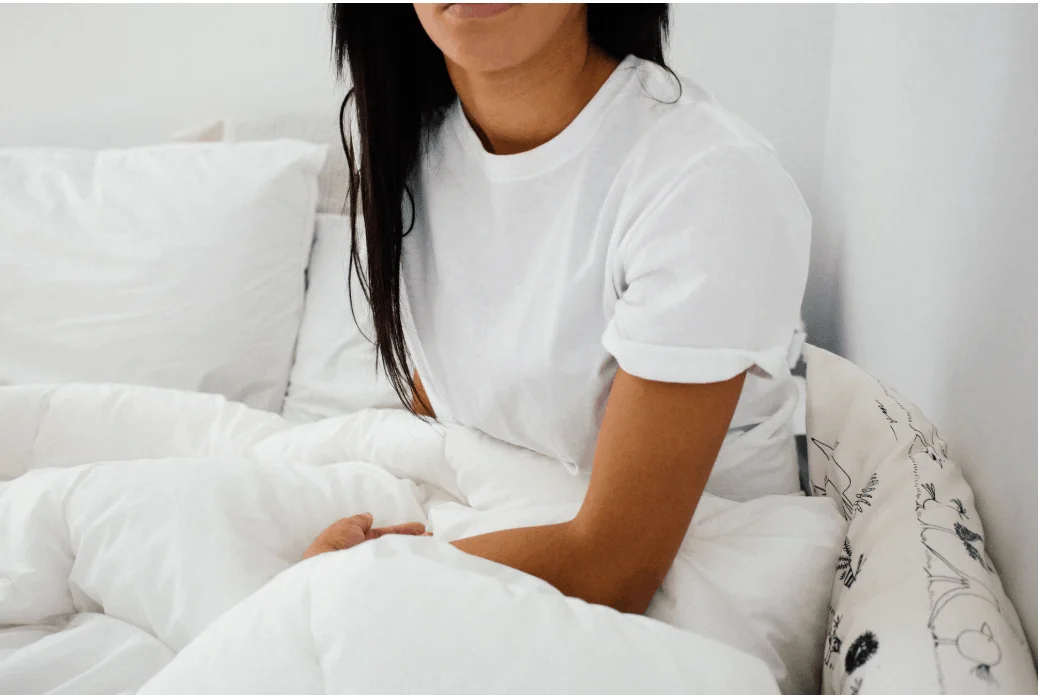
Middle-aged men and women have a lot on their plates, with family and household duties, more responsibility at work, and reaching the age of health issues emerging. Sleep quality at this stage plays a crucial role in whether you can sail through these rocky times more or less unscathed. But when it comes to the gender divide, women have a tougher time obtaining enough quality rest compared to men.
A recent long-term analysis published in Sleep Health of over 30,000 Canadian adults between the ages of 45 and 85 found women report lower sleep satisfaction and efficiency than men, regardless of social and demographic backgrounds (1). These findings back up previous Sleepopolis survey results that of those who reported trouble falling and staying asleep, 61 percent were women, and 39 percent were men.
A lack of sleep affects physical and mental health, potential income, and relationship satisfaction. The kicker — women struggle with these challenges more than men on average while also needing more sleep to feel their best. Women are more likely to have depression and anxiety and earn 82 percent of the wages men do (3). What’s more, unsatisfying romantic relationships have worse effects on women than men.
Women Face Unique Sleep Challenges
While the Sleep Health analysis points to inequalities in sleep quality between men and women, understanding the reasons for this is a bit more tricky. There are likely both societal and biological factors at play.
One biological influence on sleep quality is hormonal differences. “Sleep patterns can be impacted by changes in men’s and women’s hormones, especially those connected to menstruation, pregnancy, and menopause,” says Dr. Danielle Wall, an Internal Medicine Physician from the University of Vermont and Advisor/Consultant at Sit ‘n Sleep. Wall explains that two hormones that directly impact a woman’s sleep quality are estrogen and progestogen, which can fluctuate based on a woman’s cycle and other factors, such as stress, diet, exercise, and others.
From a societal perspective, women often juggle multiple roles and responsibilities, which can lead to higher stress levels and difficulty in winding down before bedtime. “For women with kids, caregiving responsibility at night traditionally affects women more than men,” says Dr. Biquan Luo, a biomedical scientist, CEO, and co-founder of LumosTech. Moreover, women tend to take on more of the “cognitive load” or emotional labor of organizing and planning households — just part of the imbalance in unpaid work assigned to women (2).
Interestingly, the analysis showed that sleep quality improved with age. Dr. Wall speculates this is likely due to the pressures of parenting and work gradually reducing over time. “As people age, they can encounter fewer family and work-related pressures, especially as the children leave home and people retire; this can improve their sleep, as there’s simply more time for sleep and less chance of disruptions,” she says. Since women are disproportionately saddled with more household responsibilities and childcare, it makes sense the impacts of these stresses lessen with time.
Consequences of Poor Sleep For Men and Women
Poor sleep is linked to a higher risk of chronic health issues like heart disease, diabetes, obesity, hypertension, and cardiovascular disease, according to Luo. It can also weaken the immune system, making the body more vulnerable to illnesses. “Poor sleep is associated with increased risks for cognitive decline and conditions like dementia and Alzheimer’s disease,” says Luo.
But a lack of sleep quality doesn’t just affect you long-term. “Memory, focus, and decision-making are all negatively impacted by sleep deprivation,” warns Wall. Each of these factors plays a role in how you perform at work and can impact your quality of life, with far-reaching consequences on your income, mental health, and relationship satisfaction.
“Anxiety and depression are two conditions that are associated with sleep deprivation,” says Wall, which women tend to struggle more with already. Whether that’s due to underlying sleep issues isn’t clear, but it’s vital information nonetheless — women need more support in getting better sleep and their mental well-being.

Babies Will Change Your Life, But Did You Know They Can Change Your Sleep Chronotpye, Too?

Let’s Get Hormonal: 5 Surprising Ways Sleeping With a Partner Impacts Your Hormones

A TikTok Couple Tries a Temporary Sleep Divorce and the Internet Has Opinions

Are You a Woman With Insomnia? There’s a Book For That
Sources
1. Rebecca Rodrigues, Amy Jing, Kelly K. Anderson, Rea Alonzo, Piotr Wilk, Graham J. Reid, Jason Gilliland, Guangyong Zou, Kathryn Nicholson, Giuseppe Guaiana, Saverio Stranges; “Who sleeps well in Canada? The social determinants of sleep health among middle-aged and older adults in the Canadian Longitudinal Study on Aging,” Sleep Health,
2023, ISSN 2352-7218, https://doi.org/10.1016/j.sleh.2023.09.015. https://www.sciencedirect.com/science/article/pii/S23527218230023582. Daminger, A. (2019). The Cognitive Dimension of Household Labor. American Sociological Review, 84(4), 609-633. https://doi.org/10.1177/0003122419859007
3. Aragāo, Carolina. “Gender pay gap in U.S. hasn’t changed much in two decades,” Pew Research Center; https://www.pewresearch.org/short-reads/2023/03/01/gender-pay-gap-facts/; March 1, 2024.
Wall, Danielle. Author interview. November 2024.
Luo, Biquan. Author interview. November 2024.


























